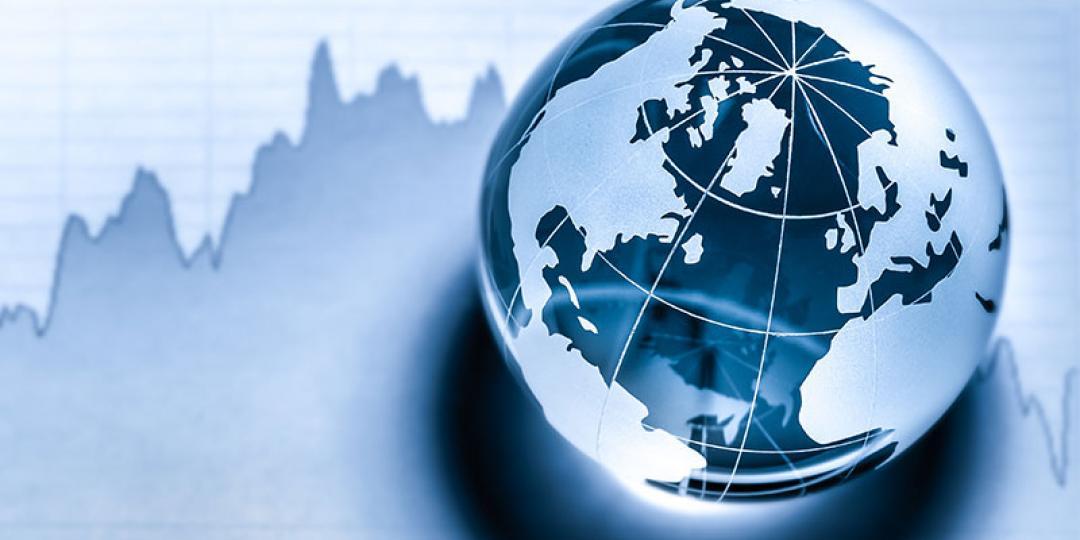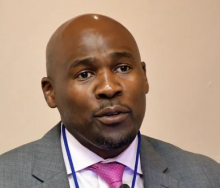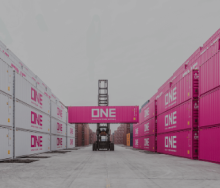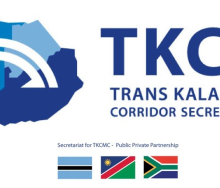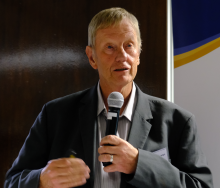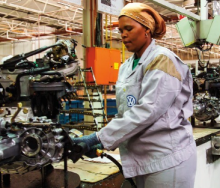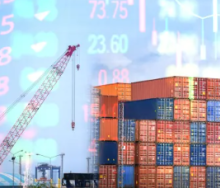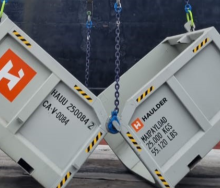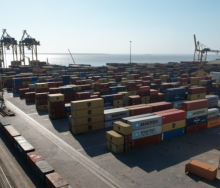The ‘two-speed’ recovery from Covid-19 topped the agenda when heads of international development institutions joined German Chancellor Angela Merkel to discuss the uneven global economic recovery, access to vaccines, and strategies to drive a recovery from the Covid-19 crisis.
The high-level panel included the African Development Bank, World Trade Organization, the International Monetary Fund (IMF), the World Bank, the Organisation for Economic Cooperation and Development (OECD), and the International Labour Organization (ILO).
Highlighting the IMF’s projection of 6% global growth in 2021, IMF managing director Kristalina Georgieva said: “The composition of the 6% is changing, with advanced economies broadly accelerating growth, whereas most emerging markets and developing economies are falling further behind. This is a dangerous divergence.”
The consequences of the disparity include continuing supply chain disruptions and the risk of giving up hard-won gains in development, which would fuel unrest and instability.
Addressing Africa’s economic prospects, African Development Bank President Akinwumi Adesina said the continent’s economies were forecast to grow by 3.4%. He said the IMF special drawing rights (SDRs) were invaluable in facing down economic headwinds. “The recent IMF release of $650 billion in SDRs, with $27 billion to Africa, will go a long way in helping to boost reserves for developing countries
“If the developed countries reallocate $100 billion of SDRs to Africa, as agreed at the Paris leaders meeting and by the G7, that will further support faster economic recovery in Africa.”
ILO Director General Guy Ryder said the impact of the pandemic on labour markets was four times greater than the 2008-2009 financial crisis. “We’ve recovered perhaps half of the damage done in terms of work being done, but all of us agree that the recovery process is incomplete, uneven and fragile,” Ryder said.
